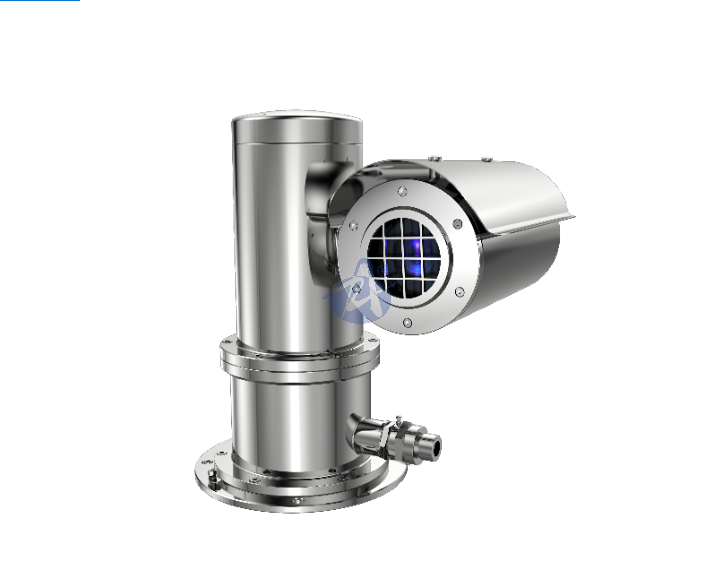What is a Corrosion-Proof Camera, and How Does It Work in Challenging Environments?

A corrosion proof camera is a specialized camera designed to withstand and perform flawlessly in harsh and challenging environments where corrosion, moisture, and other environmental factors can degrade standard camera equipment. These ruggedized cameras are essential in marine, offshore, chemical processing, and industrial automation industries, where traditional cameras may not survive. This article will explore what a corrosion proof camera is and how it operates effectively in challenging environments.
What is a Corrosion-Proof Camera?
A corrosion-proof camera is a rugged and durable camera specifically engineered to resist the harmful effects of corrosion, humidity, dust, and other environmental elements. These cameras use high-quality, corrosion-resistant materials like stainless steel, aluminum alloys, or specialized coatings to ensure longevity and reliable performance in corrosive surroundings.
Key Features of Corrosion-Proof Cameras:
Robust Enclosure:
Corrosion-proof cameras feature robust enclosures that shield the internal components from exposure to corrosive agents and external contaminants. The enclosure's construction and sealing prevent moisture ingress and protect the camera from harsh weather conditions.
Corrosion-Resistant Materials:
The camera's body and external components are made from corrosion-resistant materials, ensuring that the camera remains unaffected by the corrosive elements present in the environment.
IP and NEMA Ratings:
Corrosion-proof cameras are often rated with IP (Ingress Protection) and NEMA (National Electrical Manufacturers Association) ratings, indicating their resistance to dust, water, and other environmental factors. Higher IP and NEMA ratings signify greater protection levels.
Tempered Glass or Polycarbonate Lens:
The camera lens is typically made from tempered glass or polycarbonate, providing durability and resistance against impact and scratches.
How Does It Work in Challenging Environments?
Corrosion Resistance:
The primary function of a corrosion-proof camera is to withstand corrosion caused by exposure to moisture, saltwater, chemicals, or other corrosive agents. The camera's corrosion-resistant materials prevent rust and degradation, ensuring longevity and functionality in corrosive environments.
Water and Dust Resistance:
The sealed and robust enclosure of the corrosion-proof camera protects it from water and dust ingress. This feature is critical in marine, offshore, and outdoor applications where the camera may be exposed to rain, humidity, and airborne particles.
Temperature Tolerance:
Corrosion-proof cameras are designed to withstand extreme temperatures, whether in cold conditions or scorching hot environments. This capability enables the camera to function reliably in various climates.
Enhanced Image Quality:
Despite operating in challenging environments, corrosion-proof cameras deliver high-quality images and video. Advanced image processing technologies compensate for difficult lighting conditions, ensuring clear and accurate footage.
A corrosion-proof camera is a specialized and indispensable tool in industries where conventional cameras would fail to perform due to harsh and corrosive environments. With their robust construction, corrosion-resistant materials, and advanced features, these cameras deliver reliable, high-quality surveillance and imaging capabilities in challenging conditions.




